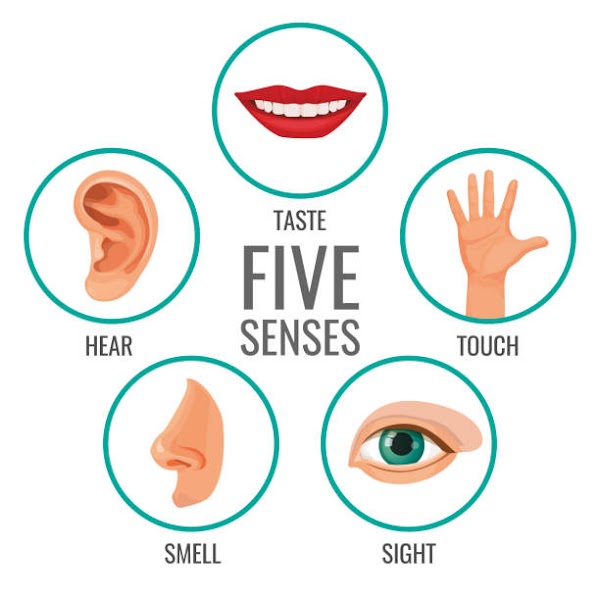Sensory Organs MCQ, CEE, MBBS entrance Nepal Quiz
Understanding Sensory Organs
Sensory organs are specialized structures that enable organisms to perceive and respond to environmental stimuli. These organs play a crucial role in maintaining homeostasis and enhancing interaction with the surrounding world. The primary sensory organs include the eyes, ears, nose, tongue, and skin, each responsible for distinct senses:
Types of Sensory Organs
- Eyes: Responsible for vision, allowing us to perceive light and colors.
- Ears: Essential for hearing and balance, detecting sound waves and changes in head position.
- Nose: Functions in the sense of smell, detecting airborne chemicals and scents.
- Tongue: Involved in taste perception, identifying sweet, sour, salty, bitter, and umami flavors.
- Skin: Acts as a receptor for touch, temperature, and pain, providing essential feedback about our environment.
Importance of Sensory Organs
The functionality of sensory organs is vital for survival and interaction with the environment. They enable us to navigate our surroundings, communicate, and respond to potential threats. Moreover, sensory integration allows for a cohesive experience, combining inputs from different senses to create a comprehensive understanding of our environment.
Understanding sensory organs is essential for fields like medicine, psychology, and neuroscience, as it helps to address conditions related to sensory perception and enhances our overall quality of life.


 Posted by
Posted by 
No comments:
Post a Comment